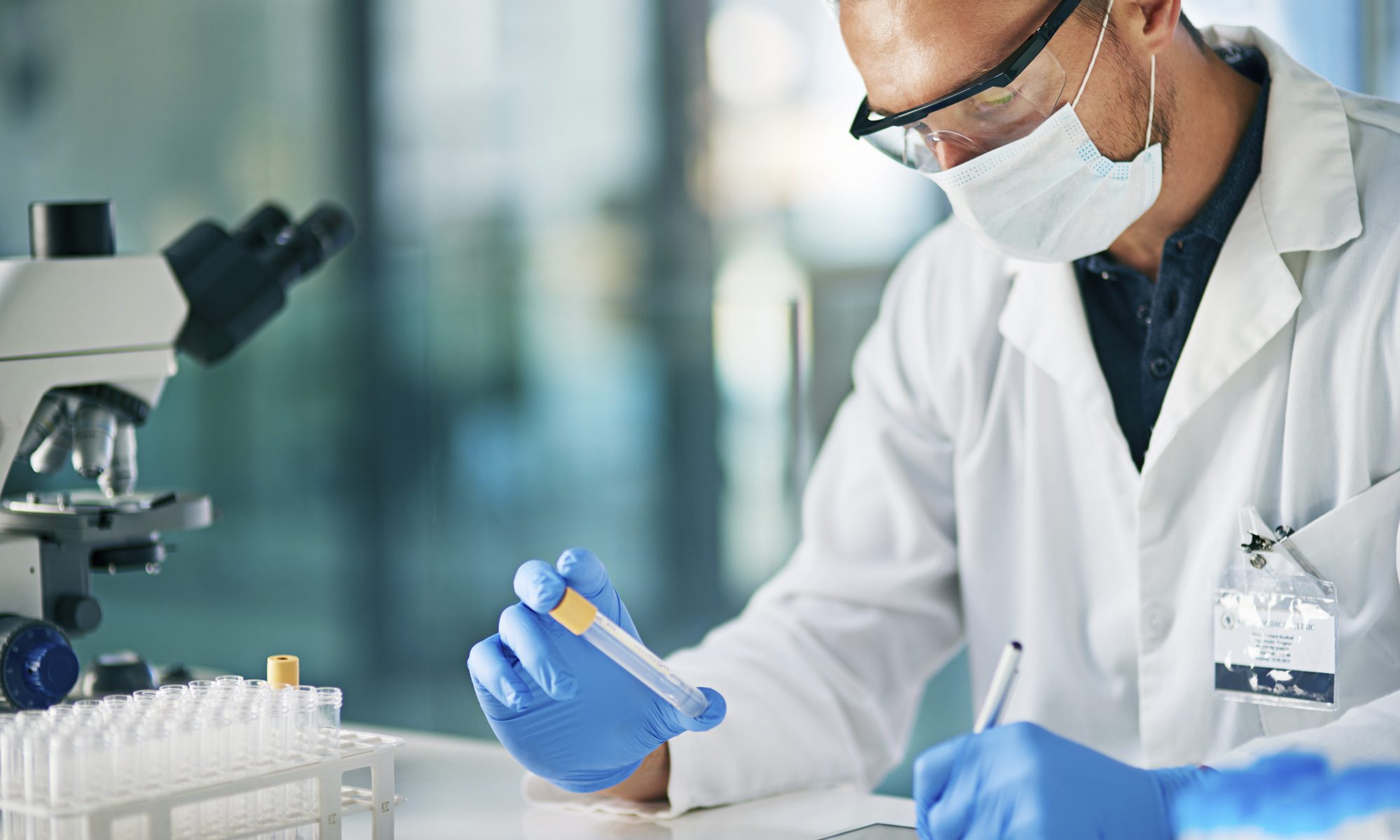Y-STR Paternal Lineage Test
Y-STR testing can help two or more males verify whether they are biologically related through their paternal (fathers’) line. Y-STR tests are useful in providing additional evidence of a biological relationship between males in difficult or complex DNA testing situations. They are also useful for individuals who have been reunited after years of separation through circumstances such as adoption.
A Y-STR test works by examining specific DNA markers on the Y-chromosome, which is passed from father to son relatively unchanged throughout the generations. (Only males have the Y-chromosome, so only males can participate in this type of genetic test.) Males who are biologically related through their fathers will have the same or very similar Y-STR profiles, while males who are not related in this way will have different Y-STR profiles.
Please note that Y-STR testing can be extremely helpful in determining whether males are paternally related, but it does not provide information about how the tested males are related (i.e., as father/son, uncle/nephew, etc.).
If you think a Y-STR test could help your family find the answers it has been looking for, please contact us for a free consultation on 020 7498 0102.
Twin Zygosity DNA Test
Angelscope DNA Diagnostics offers a twin zygosity DNA test to help twin siblings confirm whether they are identical or fraternal.
A doctor can often determine whether twins are identical or fraternal by examining the placenta(s) at birth:
- Identical twins generally share a placenta
- Fraternal twins typically have two separate placentas
However, if the placentas were discarded or damaged before twin zygosity was determined, or if the twins’ physical characteristics raise questions about their zygosity, a twin zygosity DNA test can provide the definitive answers a family needs. By comparing the DNA profiles of twin siblings, we can conclusively determine whether they are identical or fraternal. Identical twins will have matching DNA profiles, while fraternal twins will not.
Identical twins have matching DNA profiles because they are the product of one zygote (one egg cell that was fertilised by one sperm cell) that split during its early development. In contrast, fraternal twins do not have matching DNA profiles; their genetic profiles will look like those of any two non-twin siblings. This is because fraternal twins are the product of two zygotes (two egg cells that were fertilised by two sperm cells).
For a free consultation or to order a twin zygosity test, please call us on 020 7498 0102.
mtDNA Maternal Lineage Test
The mtDNA test can help two or more individuals verify whether they are biologically related through their maternal (mothers’) line. This genetic test is useful in providing additional evidence of a biological relationship between individuals in difficult or complex DNA testing situations. It is also useful for people who have been reunited after years of separation through circumstances such as adoption.
An mtDNA maternal lineage test works by comparing the mitochondrial DNA (mtDNA) sequences of two or more individuals. Unlike nuclear DNA, which is found in the cell nucleus and used in most DNA tests, mtDNA is found in the mitochondria, or “powerhouses,” of the cells. Also unlike nuclear DNA, which is passed to children from both biological parents, mtDNA is passed from generation to generation from mothers only. Both sons and daughters inherit their mothers’ mtDNA, but only daughters can pass the mtDNA to their children. It is this fact that makes mtDNA useful for verifying whether individuals are maternally related.
In an mtDNA test, the laboratory compares the mtDNA sequences of two or more individuals – male or female – to determine whether they are related through their mothers. Individuals who are biologically related in this way will have similar mtDNA sequences, while individuals who are not will have dissimilar mtDNA sequences.
For a free consultation or to initiate an mtDNA test, please telephone us on 020 7498 0102. We will be happy to answer any questions you have and help you establish the best DNA testing service for your needs.

